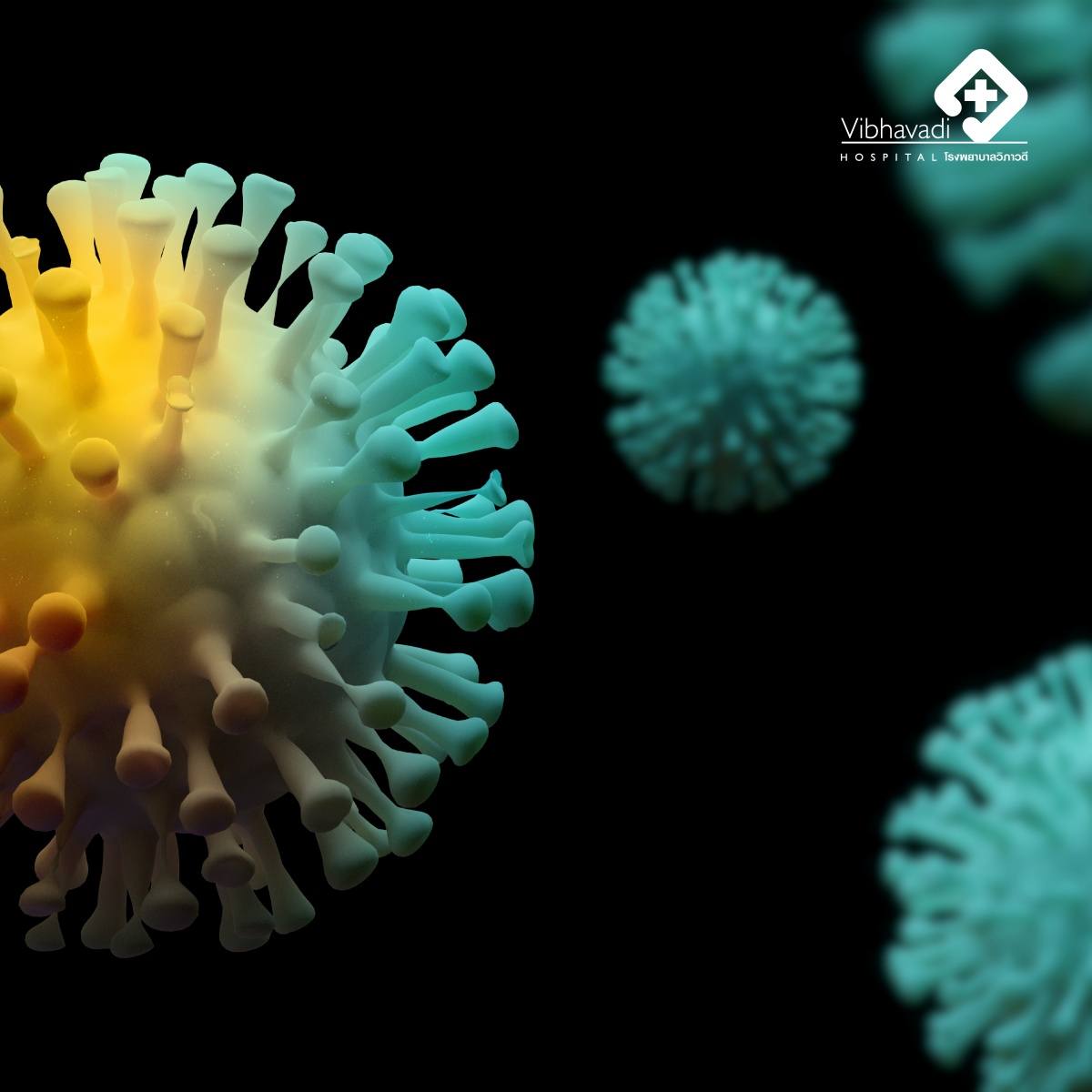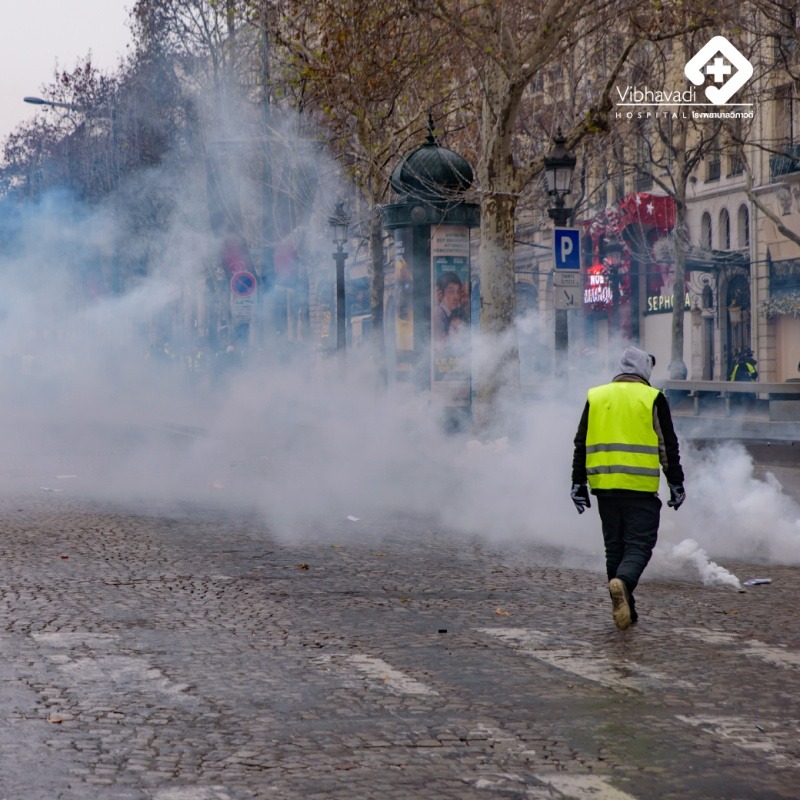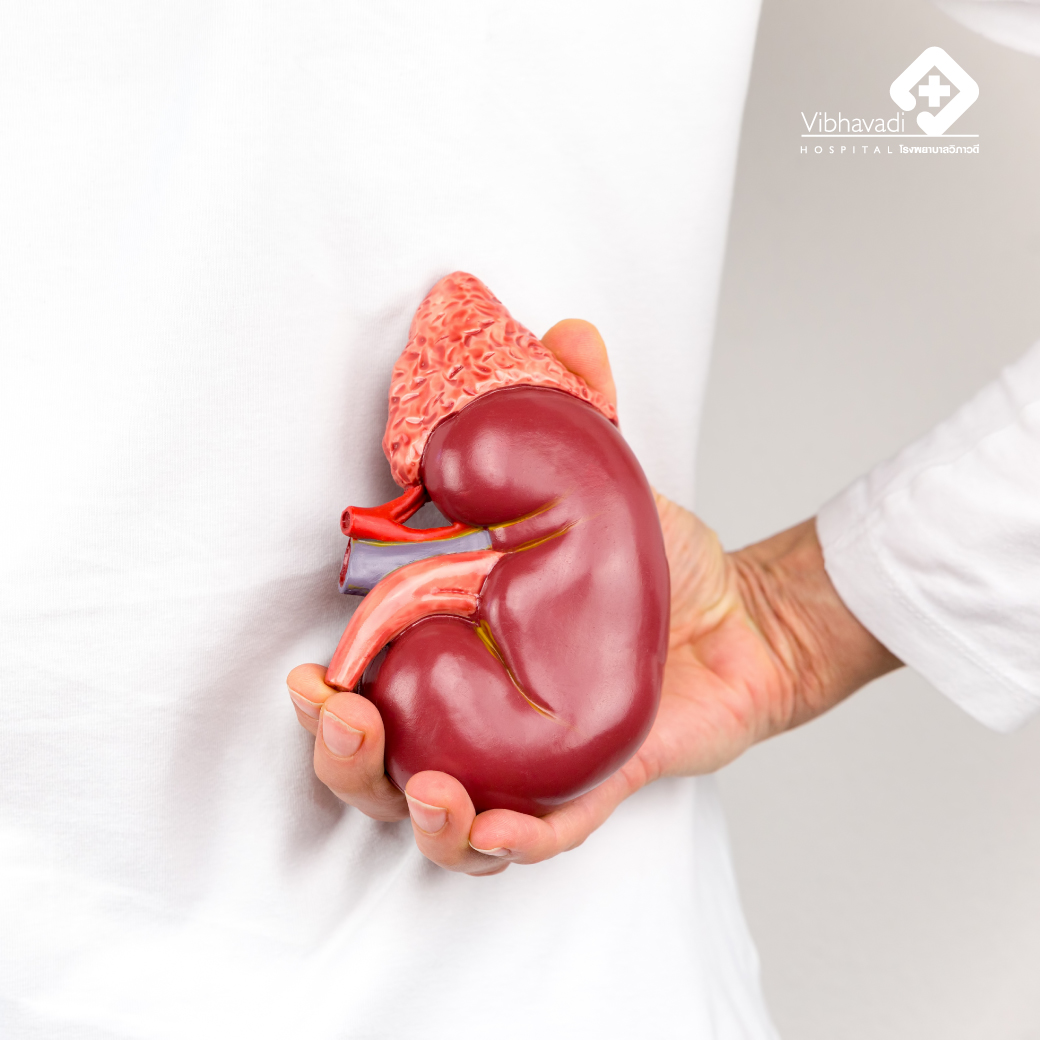8 steps for quitting smoking
On May 31st, which is designated as World No Tobacco Day, some smokers consider it a good day to start their permanent quit journey. If you're thinking about it, here are some recommendations from Dr. Thanes Puwaporapong, a general practitioner at Viwatvadee Hospital, to prepare for that day. But before that, let's understand some facts about smoking and quitting.
Why is quitting smoking difficult?
The reasons quitting smoking is challenging boil down to two main causes
- Physical Addiction : This occurs because the body craves nicotine.
- Psychological Addiction or Habit :This refers to the habit-forming nature of smoking.
In reality, our smoking habits often encompass both of these components. Therefore, quitting smoking requires addressing both aspects simultaneously.
The truth about Physical Addiction
Within just 7 to 10 seconds of inhaling cigarette smoke, nicotine starts affecting our brains immediately, causing feelings of pleasure and alertness. However, within 30 minutes, nicotine dissipates from our bodies,
leading to feelings of fatigue, restlessness, and stress, prompting the need for another cigarette. This cycle continues, with cravings increasing in intensity and frequency.
The truth about Psychological Addiction or Habit
This can be explained simply using Ivan Pavlov's theory, known colloquially as the Pavlovian response. According to this theory, conditioned responses occur when a stimulus is consistently paired with a specific outcome.
For example, if a dog hears a bell every time it's about to be fed, it starts salivating because it associates the bell with food.
Now, let's compare this to smokers. Smokers often develop certain behaviors associated with smoking, such as lighting a cigarette whenever they drive or immediately after waking up.
These behaviors become ingrained habits, triggering the urge to smoke.
Quitting Smoking
While products and medical interventions can assist in overcoming physical addiction, breaking the habit-forming aspect of smoking requires willpower, determination, and genuine intent. If you're considering quitting tomorrow, on World No Tobacco Day, or any other day you deem fitting, consider the following advice to prevent relapse
- Dispose of all cigarettes you have. Search everywhere—they might be hidden in your pockets, bags, or even on your desk. Don't leave a single one behind, no matter how expensive they are.
- Get rid of smoking paraphernalia, even if you feel sentimental about them. If you're hesitant to throw them away, give them to someone else or store them somewhere you're certain you won't easily access.
- Consider changing your hairstyle as a symbolic gesture of starting anew.
- Clean your home thoroughly to eliminate any lingering cigarette odors. Even though smokers may not notice these smells, you'll certainly pick up on them once you quit.
- Drink plenty of clean water to flush nicotine out of your system and alleviate cravings.
- Reduce your caffeine intake by half before quitting. Nicotine accelerates caffeine absorption, and maintaining your usual caffeine consumption might lead to caffeine toxicity, causing symptoms like agitation and restlessness.
- Engage in regular exercise to boost overall well-being and distract yourself from cravings.
- Find a friend or loved one who's also committed to quitting and support each other through the process. Alternatively, draw inspiration from other sources, such as quitting for your children, parents, or significant other.
I hope these tips help you stay smoke-free for good.
Remember, quitting smoking is challenging, but it's achievable with determination and support.















